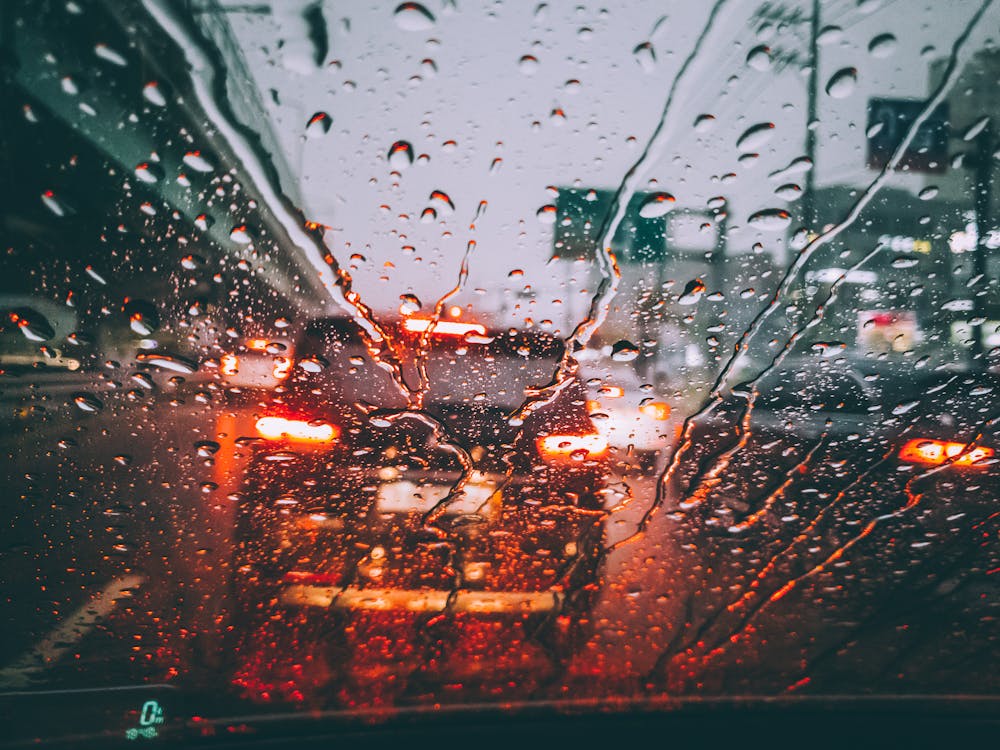A car accident can happen to anyone, no matter how careful or diligent they are. Sometimes another person on the road just gets distracted or has a mechanical issue with their car. Whatever the reason for a crash, it can be scary, and dealing with the aftermath can sometimes be overwhelming.
Whether you’ve just gotten in an accident recently or are simply trying to prepare for the possibility of one, there are some things you need to know to help you get through this nerve-wracking period.
The Legality of it All
You should always know the laws in your particular area regarding car accidents and insurance. Be aware of what you need to do whether you were the person in the wrong or not and know when you should take legal action.
If someone crashed into you, you should always try to get their insurance information. Usually, an accident will result in some amount of damage to your vehicle, and no matter how extensive the damage is, it’ll inevitably cost money. So getting the other person’s insurance will allow you to file a claim through their insurance to hopefully get compensation for any damages. If the person refuses to give their info, try to take a picture or write down their license plate number and you can file a report later. Of course, sometimes it’s better to make a claim with your own insurance, based on the coverage you and the other party have. If you’re not sure which way to go, it might be wise to seek help from a professional.
Whether or not you plan to take legal action regarding your accident, it might be a good idea to contact a car accident lawyer who can help guide you through the best course of action. Again, it may be beneficial to seek compensation from your own auto insurance or file a claim through the other party. You may even need to go to court if the offending party or either insurance company won’t cooperate with your requests. In a situation where you’re not at fault whatsoever for the crash, you’re entitled to some sort of compensation for any damages or injuries you may have received.
Assessing The Damages
While the legal and financial matters are certainly important, perhaps even more important is determining what damages were sustained by you, your car, and any passengers you had with you. It’s very important to make sure everyone is okay going forward and that any damage to your car doesn’t make it unsafe to continue driving.
Always try to assess yourself for any physical injuries after an event like a car accident. You’ll probably have a lot of adrenaline running through your body and other thoughts in your head, but make sure you know how badly you’re hurt, if at all. Check for any pain, bleeding, or sudden loss of feeling of movement anywhere in your body. Depending on the severity of the crash, authorities at the scene may decide to get you medical attention. Even if you don’t show any outward signs of injury, you may be suffering from things like internal bleeding or a concussion which needs to be diagnosed and treated by a doctor.
It’s also very important to take note of the damage done to your vehicle. In many cases your car will be taken to a shop for you so a mechanic can determine how bad the damage is and if they can fix it. A smaller accident may only result in a small dent or some scratches, but greater impacts can cause greater damage to the car’s inner workings, and sometimes things can’t be fixed with a simple repair. Speak with the mechanic about the damage and consider if it might be a better option to buy a new car rather than pay for repairs to your current one.
Getting Back on the Road
Depending on the severity of the car accident you were involved in, you may find it a bit daunting to get behind the wheel again. Whether the fear of another crash is making you hesitate or an injury from the accident has left you feeling unsure, you might need to give yourself a bit of time before driving again.
In some cases, car accidents can have negative psychological effects, resulting in anxiety, a general fear of driving, or even post-traumatic stress disorder or PTSD in some cases. If you feel nervous about driving again after an accident, consider speaking with a therapist and discussing with them the best options for you. It may be a good idea to start regular therapy or get a prescription for anxiety medication to take before you drive. You might also just need some time before the fear gets better, so check in with yourself regularly to see how you feel.
It can take a lot of courage to get back on the road after an accident, but you can absolutely modify your routine a bit to ease yourself back into it. Try driving with a friend or family member in the car for support and encouragement, that way you’re not alone with your anxiety and they can even swap out with you if you find yourself getting too overwhelmed. You can also stick to driving only during the day and only when it’s clear and sunny out. It may make you feel much safer as opposed to driving at night or in the rain, and this will also lower the chance of any accidents.
Many people enjoy the independence driving can offer, but sometimes accidents happen that may leave us feeling overwhelmed or unsure of what to do. If you’re in a car accident, don’t panic. There are plenty of ways to get through the aftermath and the most important thing is that you and anyone else involved are okay

